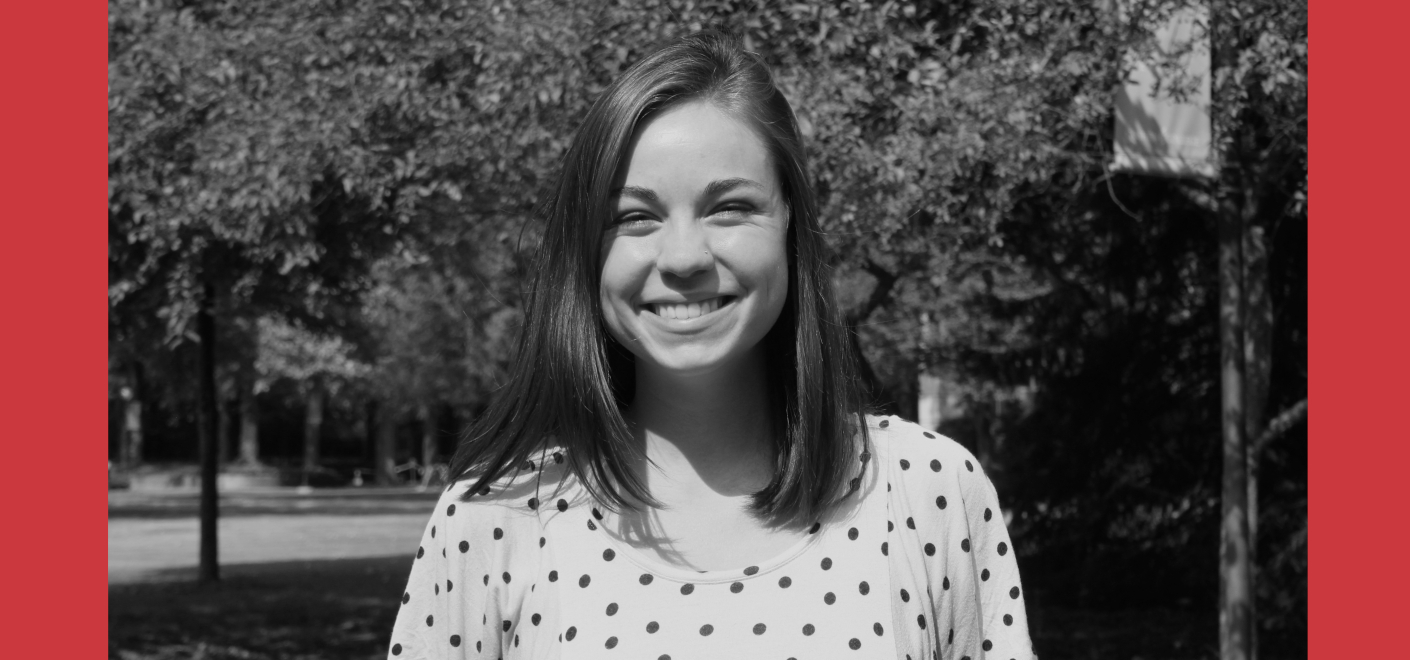Like 143 undergraduate students at Goshen College, I am a transfer.
Though this part of my story is not unique, it’s certainly nontraditional. And it continues to push me to ask questions about my identity and the places I belong, even in my final year of college.As a transfer, I carry experiences of past places with me – of time spent at Hesston College, of a life-altering year abroad in Nanjing, China, of changed majors, of distant relationships.
But do others know the complexity of my story, and will they take the time to listen.
I’ve wrestled with this longing throughout my transitions from Kansas to China to Goshen.
But as much as I’ve longed for those at GC to listen to my story while I’m here, to lean in when I mention memories of past places that hold meaning, I need also to be open to hearing the stories of others.
There is much to learn beyond my own.
In her TEDtalk, Chimamanda Ngozi Adichie warns of the danger in a single story, as our human nature often assigns labels to others based on cultural stereotypes.
“The single story creates stereotypes, and the problem with stereotypes is not that they are untrue, but that they are incomplete,” she said. “They make one story become the only story.”
My story as a transfer does not represent the additional stories of 143 transfer students at GC.
And as I lament the unjust shooting of Ricardo Muñoz in my hometown – Lancaster, Pennsylvania – this past Sunday, I wonder where we are falling into the dangerous trap of single stories as a nation.
Muñoz’s mother confirmed he had paranoid schizophrenia and was off his medication when he chased a Lancaster police officer with a knife.
Did belief in a single story, which then incited fear, kill Muñoz?
We must honor, make room for and celebrate the multiplicity of our stories.
If there is one thing journalism continues to teach me is that grounding each day in the stories of others will only teach us more about the diverse community we are a part of.
And in doing so, we release the imbalance of power in our nation.
So will you listen to someone else’s story this week, please? Perhaps, turning to the perspectives page of this week’s Record is a good place to start.
Or, talk to a transfer student, a commuter student, an international student miles away from their home.
The reality of these identities is that we are happy to be here, but we have also been changed by the places we have come from.
And we want people to acknowledge that. I want people to acknowledge that.
If we dwell on our own single story, we create walls of isolation. We deny climate change. We are blind to systemic injustice. We push to make America great again. We close ourselves off from the good of humanity.
We forget how to listen.




